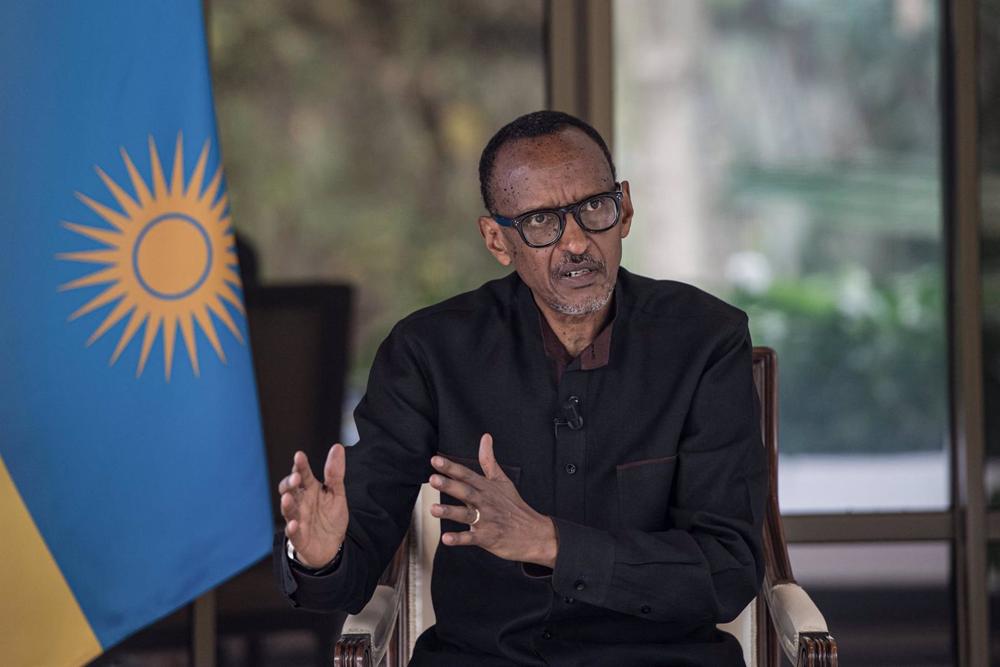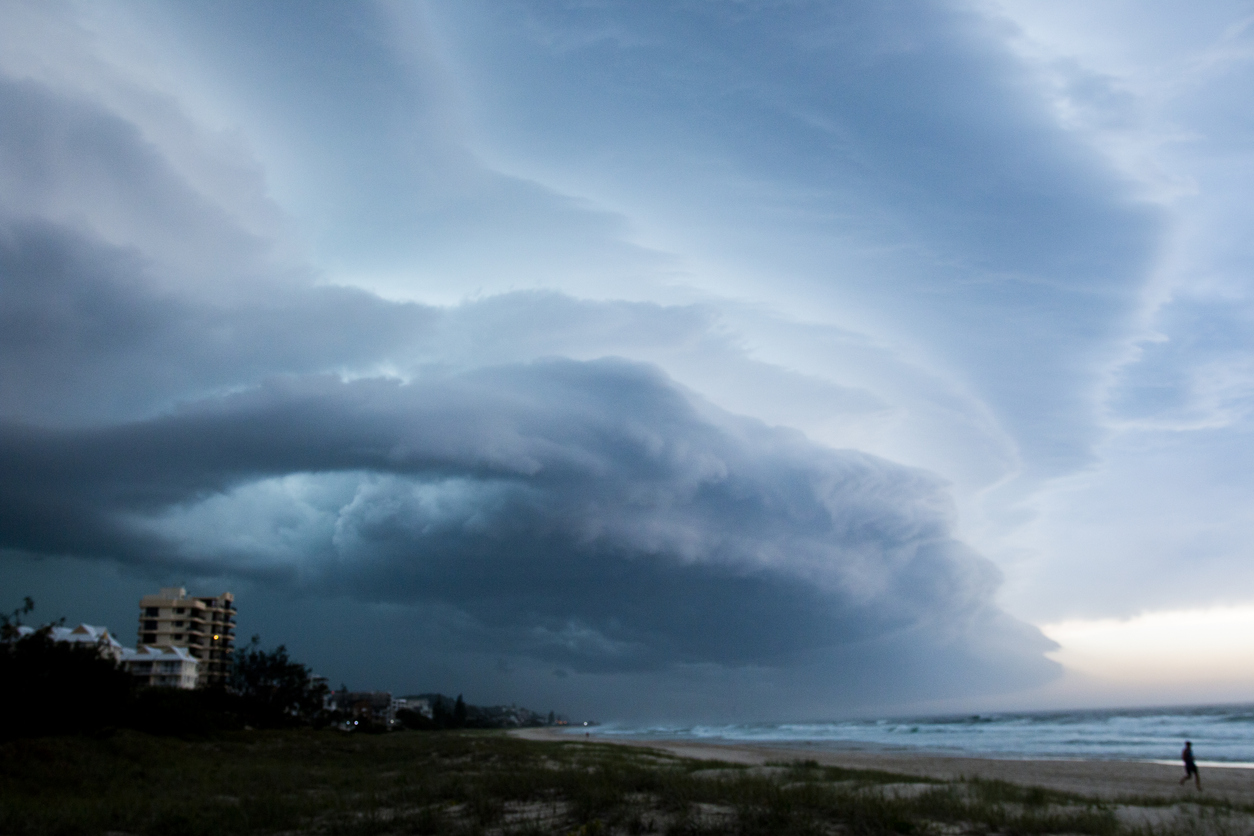
The Government of Rwanda has denounced a new «aggression» by the Democratic Republic of Congo (DRC) after one of its fighter planes violated its airspace in the midst of an upsurge in bilateral tensions over fighting between the Congolese Army and the rebel group March 23 Movement (M23).
«Today at 17.03 hours (local time), a Sukhoi-25 from the Democratic Republic of Congo violated Rwandan airspace for the third time. Defensive measures have been taken. Rwanda calls on DRC to stop this aggression,» the Rwandan government said in a brief statement.
The brief statement comes after images circulated on social networks of a fighter jet flying low and subsequently landing at Goma airport near the border in flames, as reported by ‘The New Times’.
The Congolese Minister of Communication and government spokesman, Patrick Muyaya, acknowledged that two Congolese planes made routine flights on December 28. Kigali, for its part, denounced that this was part of the «numerous provocations by the DRC government towards Rwanda», which also included another similar violation last November 7.
In that case, Kinshasa acknowledged the incident and apologized, but Kigali stressed in its communiqué that «these repeated violations go against the spirit of the Luanda and Nairobi peace initiatives», aimed at ending the conflict between the Congolese Army and the M23.
The violation denounced by Kigali coincides with new clashes between the DRC Army and the M23 rebel group around the locality of Kitshanga, in the province of North Kivu (east).
The DRC authorities last week accused the M23 of not fulfilling its commitments to withdraw from the east of the country, while the group denounced attacks by the army and warned that it «will not stand idly by». He also stressed that the Luanda conclusions on the government «must also be implemented.»
Rwanda, accused by DRC of backing the M23 in the framework of the conflict — which has provoked a serious bilateral diplomatic crisis — also accused Kinshasa of making «a selective reading» of the communiqué published after the Luanda mini-summit and warned that «it can only be seen as a threat of imminent attacks against Rwanda».
Source: (EUROPA PRESS)






